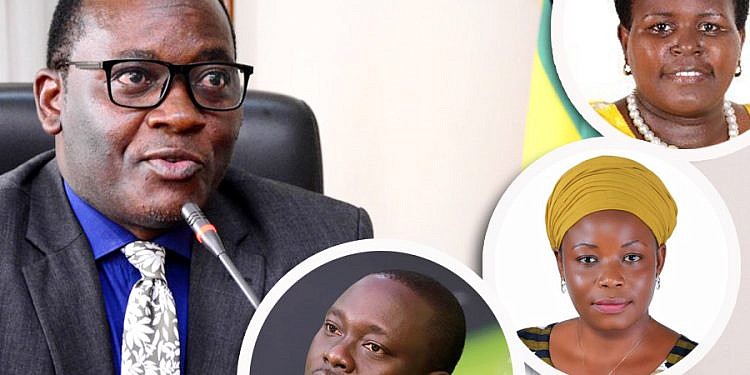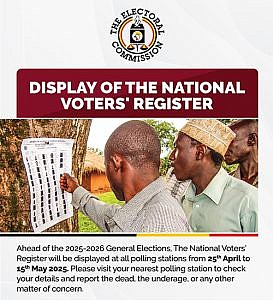The move to present a motion on the floor of parliament to censure four back bench commissioners over the shs1.7billion service award has hit a dead wall after Speaker of Parliament, Anita Among blocked it.
Having raised the required number of signatures, the movers of the censure motion informed the Clerk of the same and consequently asked that the motion be considered for tabling on the floor of parliament for debate.
However, this will not happen after the Speaker indicated to the movers led by Lwemiyaga MP Theodore Ssekikubo that the censure motion has been overtaken by event after the High Court ruled that the service award was lawful.
“In light of the above, I am constrained to take further action on the motion following several court decisions that cited Parliament for debating and resolving on matters that courts have decided upon. Indeed, Article 128 (3) of the Constitution of the Republic of Uganda is clear on the fact that all organs and agencies of the State shall accord to the courts such assistance as may be required to ensure effectiveness of the courts,” Among said.
The speaker guided that it would be illegal for parliament to continue debating the censure motion when courts of law have explained themselves on the matter.
In his August, 12 Judge Dr Douglas Singiza of the High Court’s civil division said the service award was approved by Parliament and formed part of the budget presented by the Executive.
This ruling therefore absolved commissioners Mathias Mpuuga, Akampurira Prosy, Solomony Silwany, MP, Bukooli County,) and Prosy Afoyochan.
In her guidance, the speaker says that Parliament ought to respect the court’s decision and avoid revisiting adjudicated matters, underscoring the principles of res judicata and the separation of powers, which prevent Parliament from overturning judicial decisions.
Among reminded the movers of the motion that the last time parliament attempted to investigate matters that had been adjudicated by Courts of law, it was condemned to costs, noting she doesn’t want a similar occurrence.
“Although there is no bar, in my view, for Parliament to discuss or even undertake investigations over matters that have been subject of court decisions, the cardinal point is that such investigation should not involve or constitute re-hearing of those matters and reaching conclusions that are contrary to the findings and decisions of the court. Parliament is obliged to derive guidance from the court decisions rather than taking liberty to depart or even reverse such decisions. In other words, Parliament should avoid placing itself in a position of reversing a decision of a court,” Among guided.
“ Where a party is not satisfied with the finding and decision of the court, for whatever reason, their remedy is to use the well-established channels for challenging the court decision and not re-opening the same or related matters by way of petitioning a Committee of Parliament. All aspects of the motion have been well canvassed in the ruling of court and continuing with the same would not only be an action of legal mootness but also violate the res judicata principle as illustrated in the above decision.”









































